Independence Day Special: Reminiscences From A Child Of Migrants
Yashpal Mehta lived abroad for 38 years before returning home to settle in Chembur, Mumbai, his childhood neighborhood. For two years, the pandemic prevented him from exploring the area. One fine morning, Mr. Mehta decided to locate the barrack in Chembur Camp where he was born. He narrates his childhood years in the neighborhood - a legacy of life after the Partition of 1947.:
The ship had a capacity of 300 but carrying a load of 4000 displaced people, set sail from Karachi on September 18, 1947. It anchored at Mumbai port three days later. Never in their wildest dream did the Sindhis, Multanis, Derewals, and people from Jhung, forced out of their homes, think they would not return to Karachi in the next few months. Many had left their house keys with neighbors to mind their homes during this 'short stay' in Bombay. But, alas, it was not to be, and they were now in Bombay for good.
We are from Multan, a border state between Sindh and Punjab in West Pakistan. Most of our men found employment in Karachi, then a vibrant commercial city.
A Family Uprooted
My father was a matriculate working with the British Overseas Airways Corporation (now British Airways) as a stenographer. He told us how he had the temerity to ask his British boss if he could get a transfer to the Mumbai office of the company when the Partition riots started.
But the company had not asked the employees to leave. Since they were going of their own volition, there could not be a transfer. So my parents and eldest sister, who was a few months old, joined the 4000 refugees, homeless and penniless, to a whole new world of uncertainty on that ship.
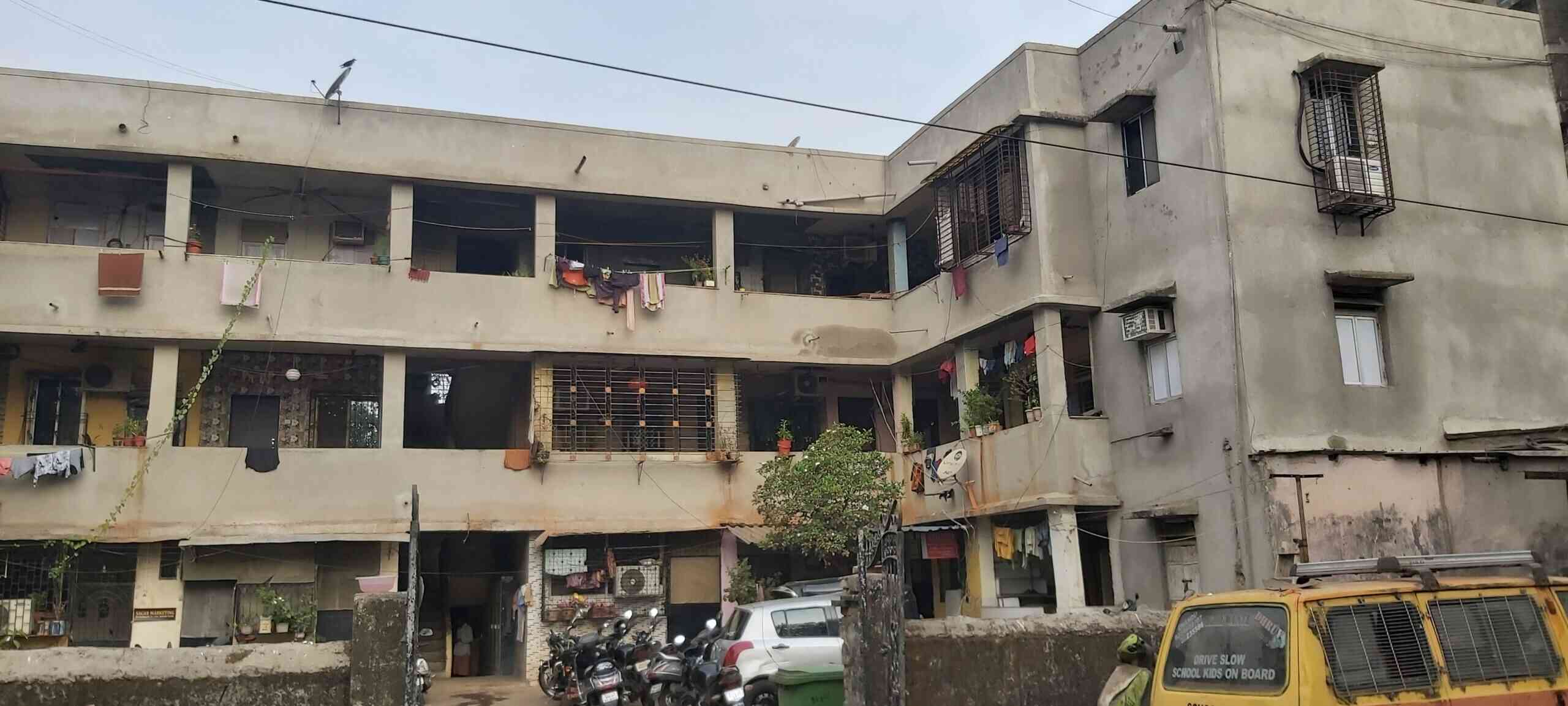
Our family eventually found refuge in the military barracks opposite the Golf Course in Chembur. Each barrack had six units. The walls in the barracks were halfway from the ceiling, and one could see and hear what transpired in the neighbor's home. The new residents' first task was to cover the space with jute bags painted white for a semblance of privacy.
The water came from a well nearby. The cooking was done in tandoors outside the barrack. The Gurudwaras, always the good samaritans, provided food to those in need.
Remaking Lives
In Chembur, the area from Jhama to the golf course was called Chembur Camp, and shops were set up on both sides of the road by the migrants. Sindhis, the entrepreneurial breed, began to find jobs even as far as Crawford Market in Central Mumbai and the Mulji Market to get a foothold. Those who were not so literate found work in the three studios, RK, Asha, and Basant, not far from Camp, as extras in movies. For some, it became a career. I remember the two shootings that I was part of. One was Zameen Ke Tare featuring famous character actors Honey Irani and Daisy Irani as child artists. The other was Waqt in the celebrated song sequence of Aye Meri Zohra Zabeen.
Some young boys would do the job of an Aagewala (now called the ball spotter) or a Carry (now known as the Caddy) and earn some pocket money. I still remember fixing tricolor paper flags on the pockets of an 'Angrez' (a white man) on August 15 and January 26 outside the golf course to get some money. Educated migrants like my father got office jobs, mostly as clerks, thanks to the policies during the Nehru Era and the emphasis on industrialization.
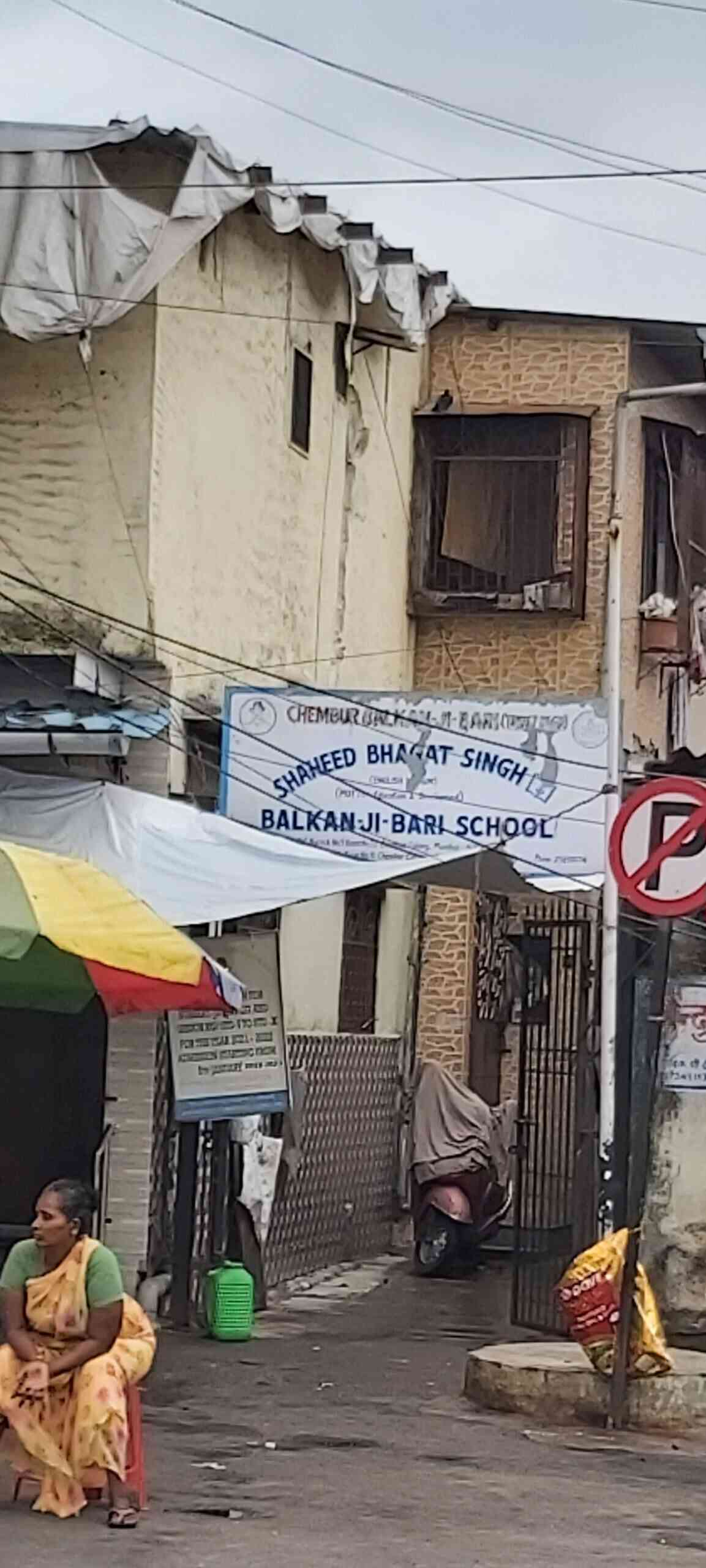
Most children were born in the barracks, including another sister and me. Most of us went to preschool at Balkanji Bari, run by the Sindhis. The Hindi High School Ghatkoper was popular for higher classes as it offered fee remission to refugee children. The Municipal school to the left of the Golf Course was another free choice. A few children attended the DAV school in Matunga, including some from our family. As people settled and had some income, the younger children got admission to St. Anthony and OLPS, Chembur. I joined OLPS in 1957 for the first standard, and this was the first batch of students in Class I. We were four children, and all of us went to four different schools, DAV Matunga, Hindi High School, Ghatkopar, OLPS, and Swami Vivekanand, perhaps reflecting their parents' changing economic status.
After the settling in process from 1947 to 1951, the government appointed a Claims Commissioner to look into the homes and properties left behind by the migrants and decide on the claims.
Our area was divided into three wards, and buildings were built. Each building had three floors and 12 units. Each unit had a room, a living/bedroom with a washing area, and a kitchenette at the back. Each floor also had six common baths and six common toilets. According to my understanding, those with a claim were given this unit for free, while others had to pay Rs 4500. The structures were completed in 1956/57.
A Joyous Childhood
"Woh kagaz ki kashti woh barish ka pani..."
The famous Jagjit Singh song sums up our stay here. There was lots of bonhomie and trivial but joyful activities. We loved playing gilli danda, langri, kho kho, seven tiles, rolling of the tyres, and cricket and volleyball. We grew up listening to stories from my grandfather during summer nights under the starry skies on the terrace. The terrace was our common bedroom during the hot months of April and May. I was paid a coin to scratch my grandpa's back to make him comfortable from the sores caused by prickly heat. There were innumerable times when we would have to rush from the terrace to our homes with our beddings at the fall of the first rains. We'd run through the rickety stairs between the second floor and the terrace. Simple days of joy and fun.
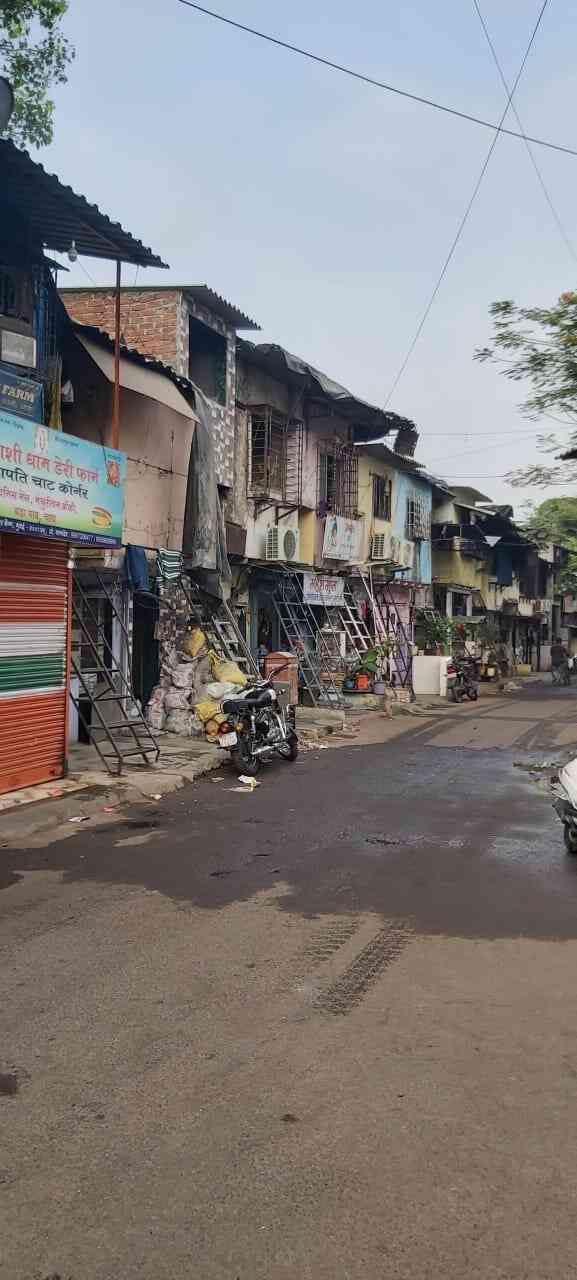
Note: This episode is from 1947 to 1957. The information is based on my research and largely from an interview given by my uncle that is now archived at the Godrej Library in Vikroli.
Cover image: Women and children arriving at Bombay port on an ocean liner from Karachi after the Partition in 1947. Image courtesy: Twitter
Every August, Silver Talkies records memories and instances of humanity, fortitude, and courage during the Independence Years; stories of life in a newly independent India; crossing over during Partition, and finding freedom. You can find these stories here & here.
This writeup originally appeared in Chembur Pulse.
Comments
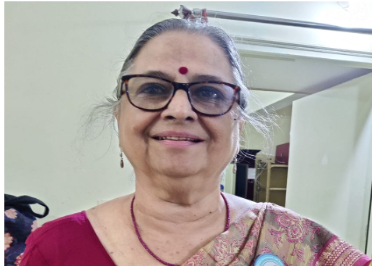
Lakshmi
01 Sep, 2022
Thank you for this sharing, Yashpalji. I am a Bombayite by birth, and your account brought Alice to me what I was never aware of. I thought only Delhi was a destination for Partition refugees.

Nidhi
23 Aug, 2022
A wonderful read Yashpal Ji. Enjoyed reading it. It also evoked a lot of memories for me

Vinay Mathur
18 Aug, 2022
Great memories, of the travails, struggle, enterprise and success of enterprising people...well written Yash... We also had to leave our house in Lyallpur suddenly at a notice of 3-4 and hours in similar circumstances and landed in Delhi on 27th Aug of 1947.

Davis Kallukaran
16 Aug, 2022
Yashpalji, your writing skills are superb. You should keep writing and deliver lectures. I always enjoyed listening to you.

Davis Kallukaran
16 Aug, 2022
Dear Yashpalji, as years pass by I understand and admire you more and more . The writing of your memoirs touched my heart. Hope you will come out with an autobiography shortly

Shaz
15 Aug, 2022
Well written experience. We only saw in movies but to hear from you is different. You achieved so much despite having so much difficulty.
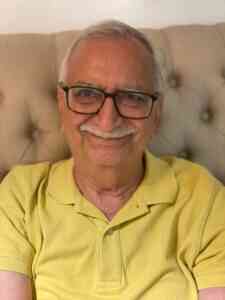
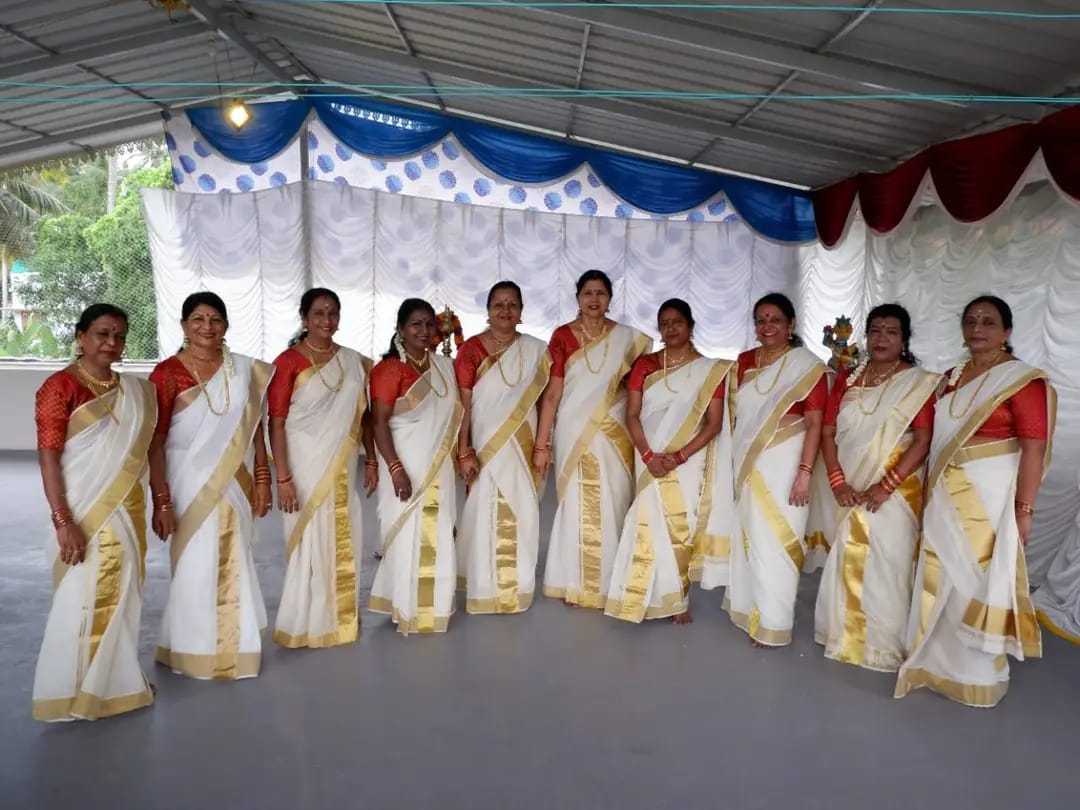
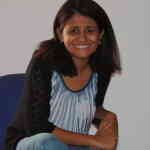
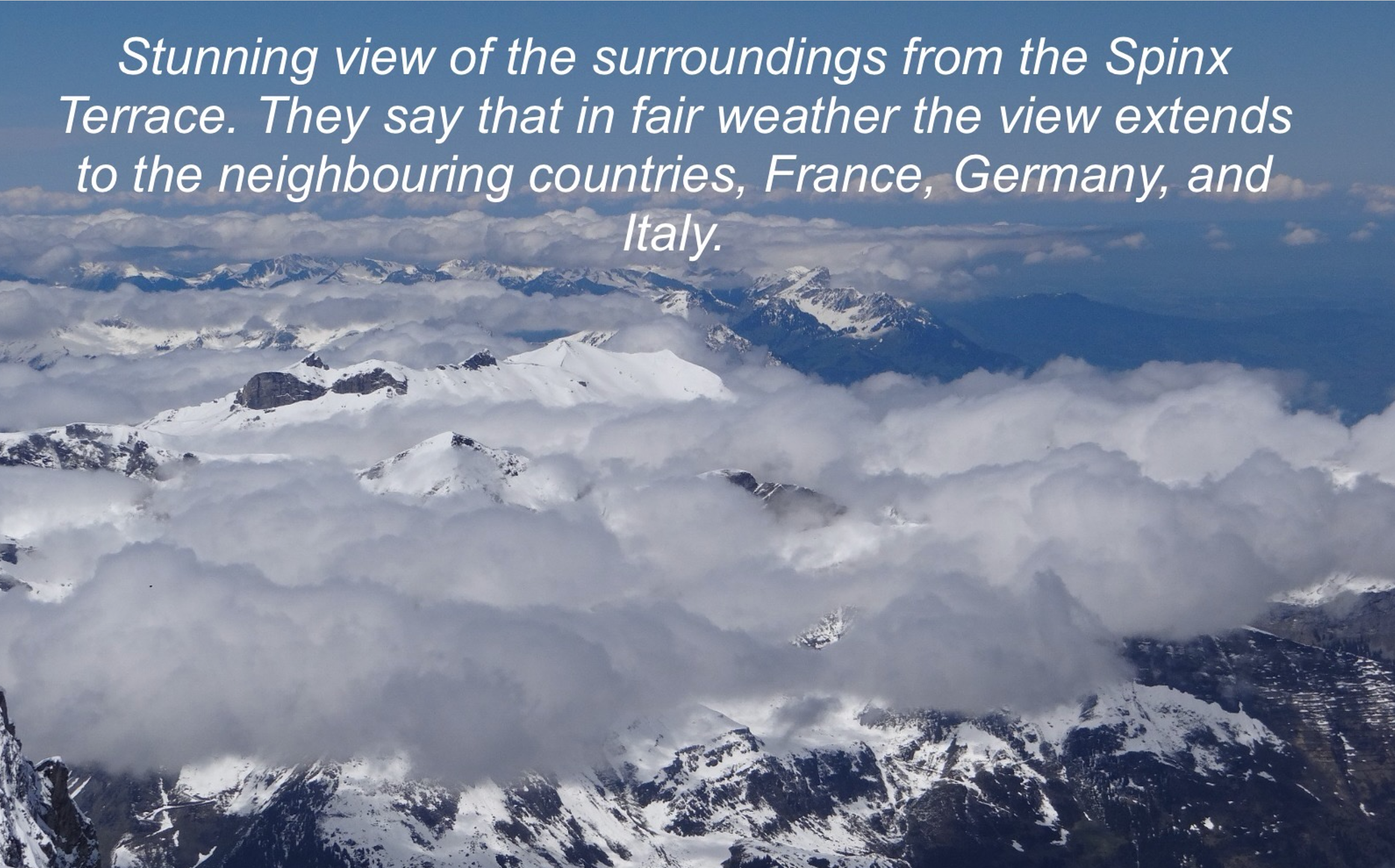
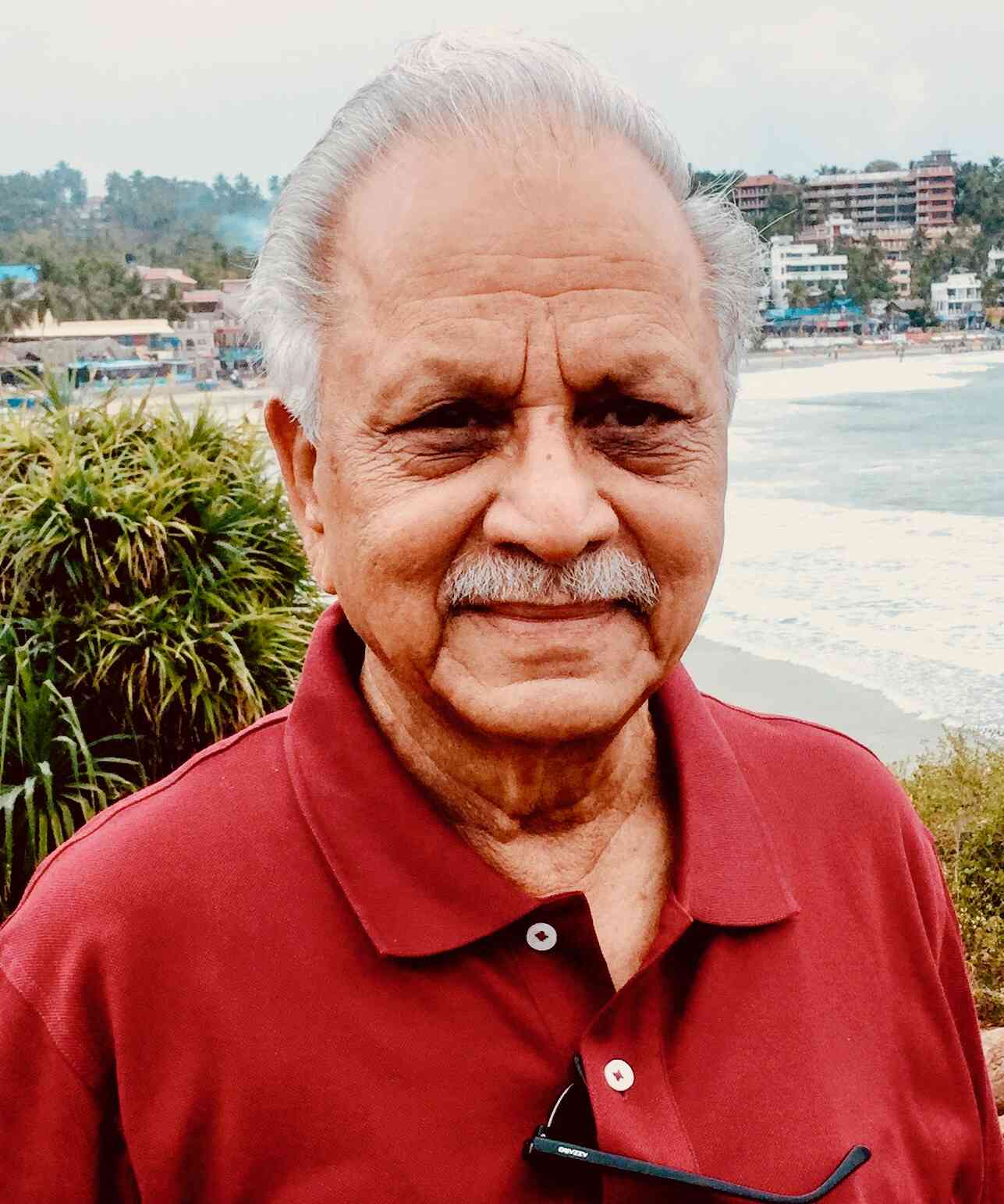
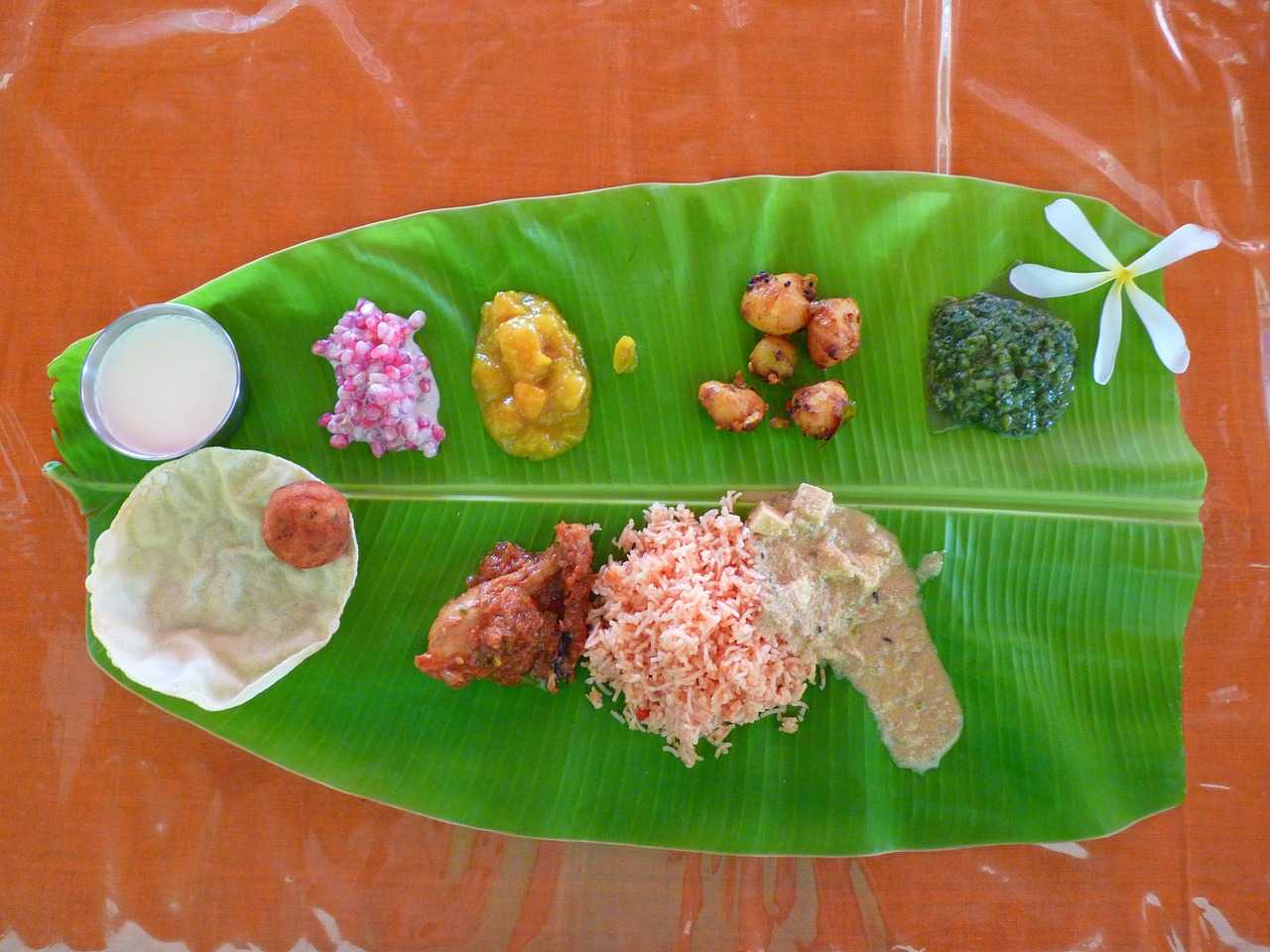
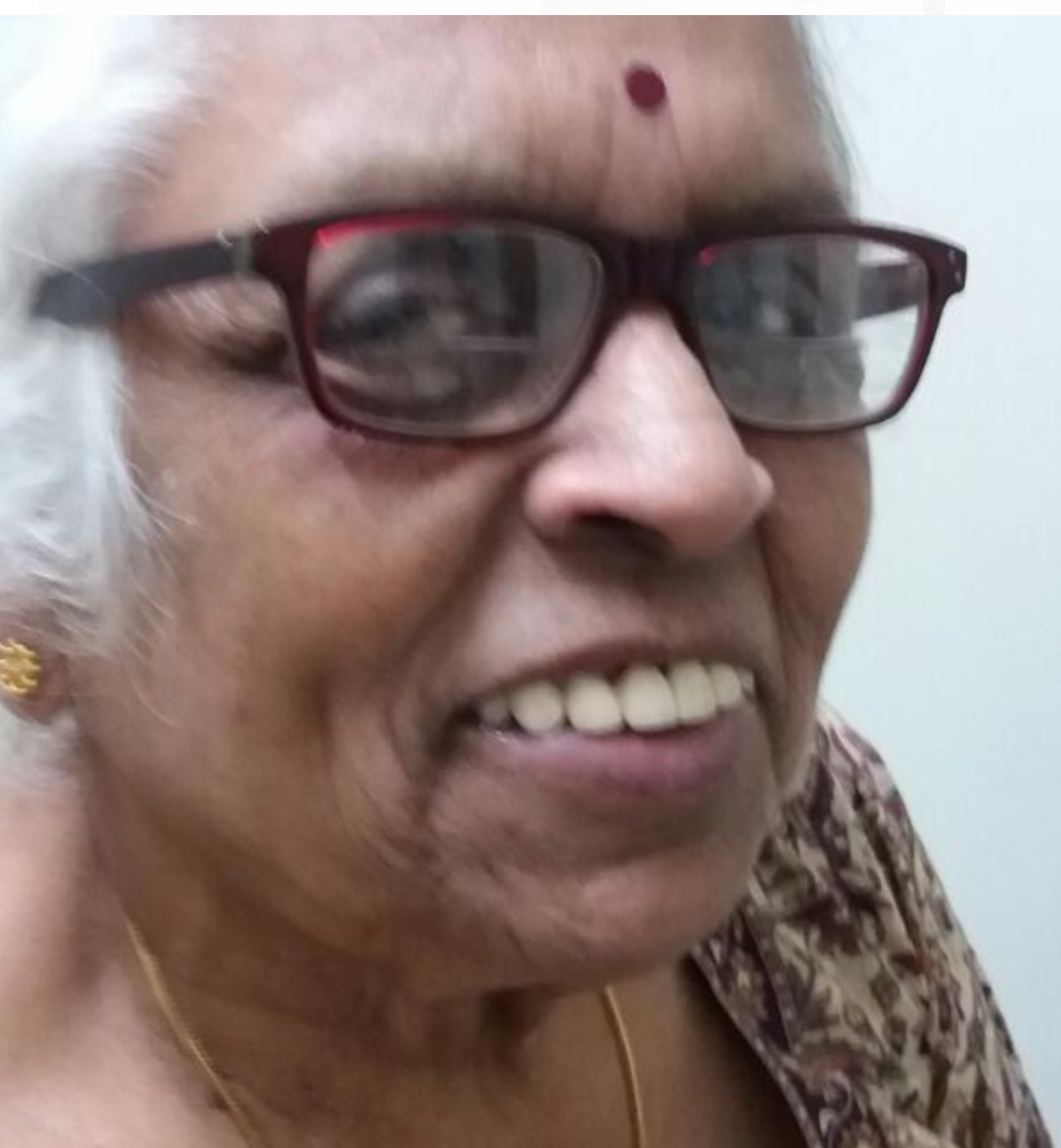
Post a comment